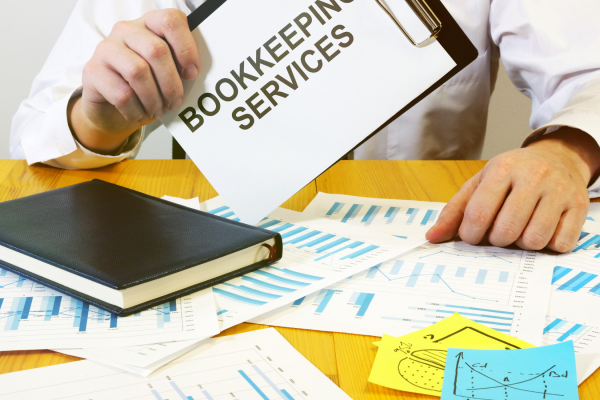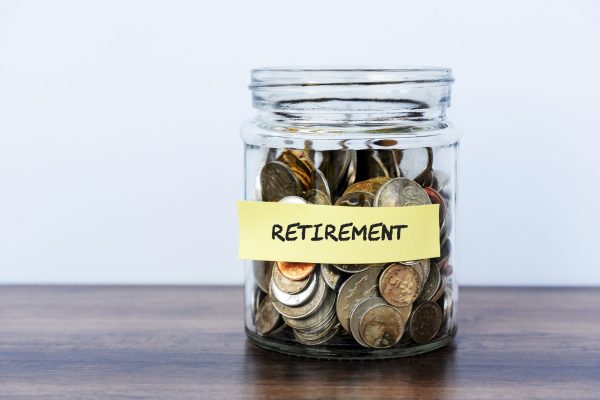Property development is a capital-intensive sector requiring significant efforts and financing. However, getting adequate financing for your projects is no easy task. Property developers must provide more than reasonable doubt for financial institutions to see them as worthy of loans and other financial solutions. As a developer, why should you choose to utilise property development finance for your project? This guide will help you make your decision.
What Is Development Finance?
Development finance can be an ideal source of funding for first time and experienced developers due to its duration and repayment terms. It’s a short-term loan extending over 3-24 months. However, it’s important to note that development finance differs from traditional property financing solutions in several ways. For instance, many traditional solutions like mortgages demand a huge lead time. Mortgage finance providers may also consider value at the early stages of your project.
In contrast, development finance institutions focus on a property’s value after its completion, when developers have accrued enough value on their properties. Developers can use development loans for multiple project types, including commercial, mixed-use, refurbishment and knockdown projects. The purpose may differ from one developer to another, similarly to different procedures established by different financial institutions.
Generally, lenders demand essential documents like your property permits and asset expenditure summary to help them assess your credibility and ability to manage borrowed funds effectively. After conducting their checks and investigations, lenders can approve loans, deeming you worthy of the development loans.
Development finance is growing in adoption among many developers, now more than ever, especially due to uncertain real estate trends due to the global COVID-19 pandemic. Its popularity also keeps increasing because of the relatively low-interest rates and convenient repayment terms.
When To Consider Taking It Out?
You should consider development finance loans if:
- You have the right paperwork
Applying for development finance without the necessary paperwork can make the process harder. Every file, receipt, proof of ownership, etc., can be crucial to the application process.
Consider organising all these details before applying to lenders. Lenders prioritise accountability in giving our funds. So, attaching details like your asset, liability, income and expenditure (ALIE) summary can increase your chances of getting the loan
- Ability to cover expenses
Property development may come with several unavoidable expenses like arrangement and exit fees. These expenses may be higher than commercial mortgage options. However, developers must convince lenders that they can settle these expenses if the need arises.
- Confident about repayment
Financial institutions put measures in place to protect themselves from loan defaulters. You need to assess yourself and your financial capacity before applying for development finance.
- Lengthening your terms
Most development loans come with a 3-24 month duration. Some developers may need to extend this loan term to avoid time lags and other traditional construction issues. An extension such as this is known as refinancing. You can opt for a term extension from lenders with a refinancing commitment.
- Your property house value is low
When a house value is low, you’re more prone to be accepted for a development finance, however when it comes to selling your home – a low house value means less money when you sell it. We recommend a new boiler, a new boiler increases your home value, get a new boiler on finance now.
Trimming Costs
Cutting costs in property development can help spread resources adequately from project start to finish. Several ways exist to trim project costs to the barest minimum. You can enlist brokers who don’t demand fees earlier than the project’s completion. That way, you get a huge lead time for value benefits to accrue on your property.





